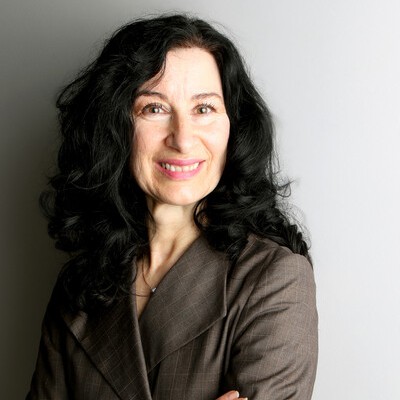Summary of the Coaches Breakfast held in Maypar Carol Bruno, ACC
Storytelling reveals meaning without committing the error of defining it.” --Hannah Arendt
Marina’s insightful presentation demonstrated how storytelling and the use of metaphors in life coaching connect to people, experiences, concepts and ourselves. Through her own stories, she brought to life how stories are mirrors and explained how when you see an emotion or quality in someone else, it is because it’s an emotion or quality you have seen or felt in yourself that you are able to recognize it.
She further elaborated on how stories serve several purposes – some of which are described below:
- strengthens or challenges our opinions and values;
- connects;
- makes material memorable;
- inspires;
- re-frames meaning;
- simplifies complex concepts;
- engages and sparks interest;
- aids in overcoming resistance.
How can we coach by using stories?
Marina pointed out the importance of intention. The intention of story generates results through the intention of storyteller, the intention of the listener, and the intention of story itself. This result is shaped by what we share or not share with the listener as it has an impact on intention of story.
There are 2 levels of intention:
- Conscious Intention: How I choose to tell the story; information I choose to disclose; tone of voice; appearance; body language; background
- Subconscious Intention – stories we tell ourselves
Intention and beliefs really shape the story, so it is important to keep this in mind while coaching with stories.
Marina provided alternatives to stories that can also be useful when coaching:
- Metaphors (eg weather feelings)
- Cautionary tales (little boy who cried wolf)
- Personal stories (relating to clients)
- Repeating back a client’s story (different perspective)
- Using another client’s story
- Tall tales (exaggerate or understate)
- Future storytelling
- Analogies (needle in a haystack)

